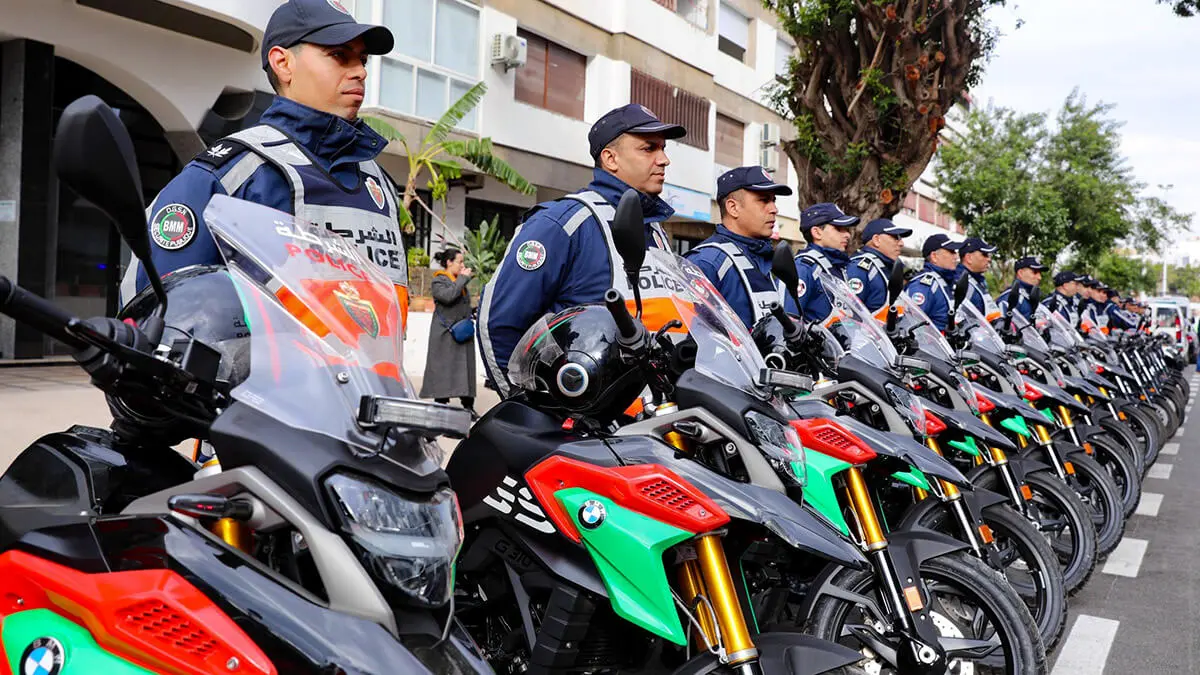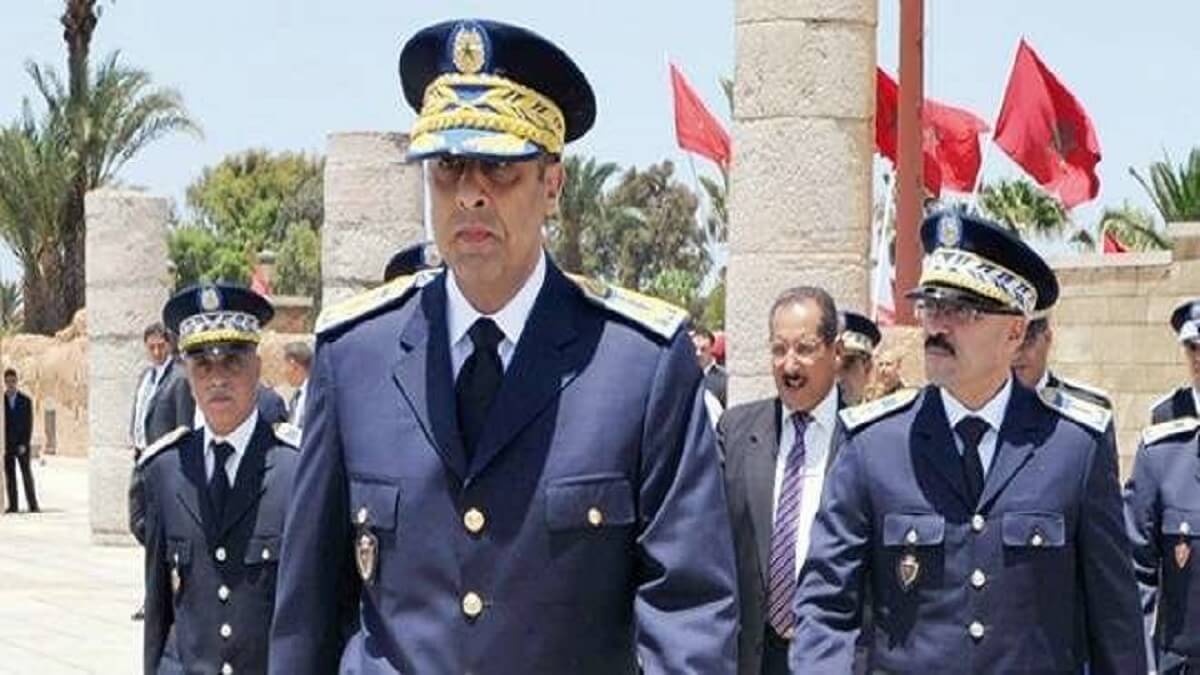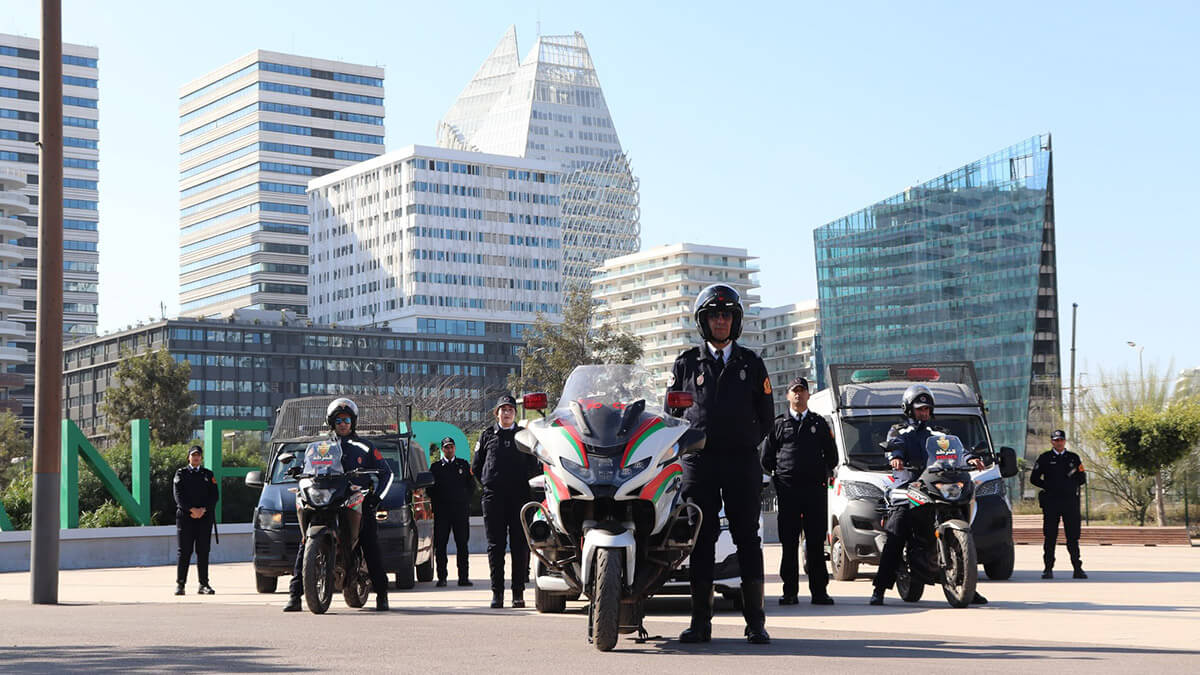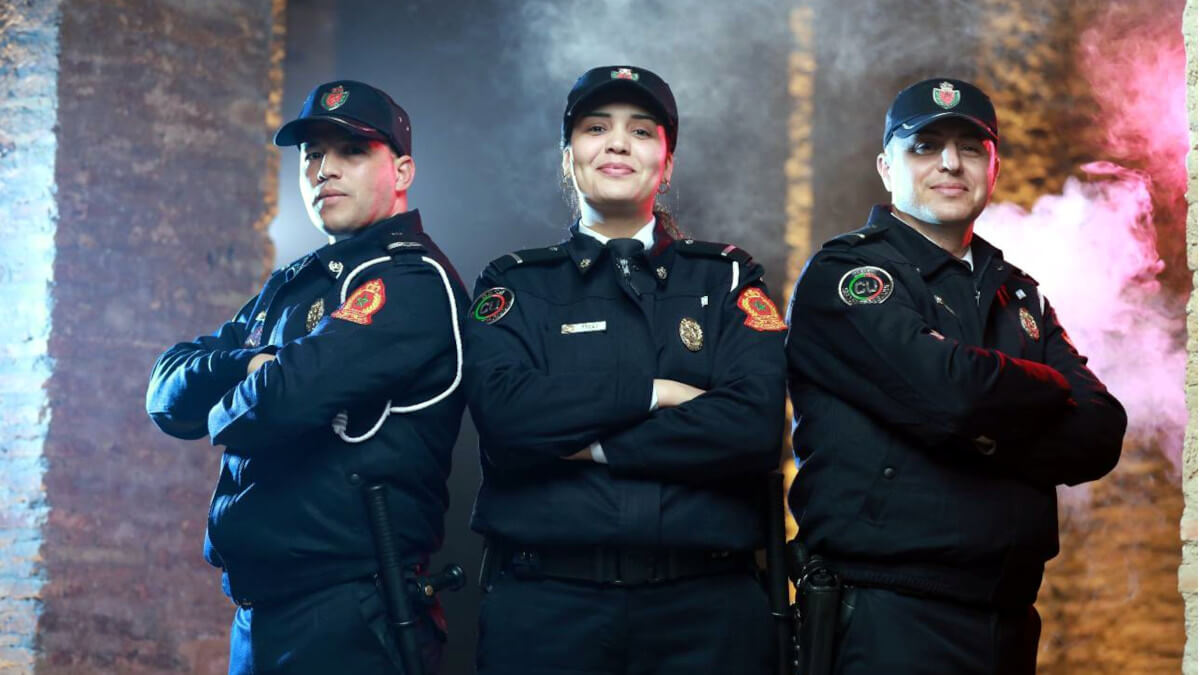Morocco strengthens its security structure ahead of the 2025 African Cup of Nations and the 2030 World Cup
The Directorate General of National Security announces the appointment of 24 new security officials in central and regional services

The Moroccan Directorate General of National Security (DGSN), headed by Abdellatif Hammouchi, has announced a new list of several appointments to leadership positions in security in various parts of the country.
This body is implementing work plans aimed at improving the efficiency and effectiveness of human resources responsible for managing public police services. This is a fundamental task, given that Morocco is about to host a series of major events, including the 2025 African Cup of Nations and the 2030 World Cup. These events require highly qualified and trained security personnel.

Renewal of sports security
To this end, the DGSN has appointed new highly qualified senior sports security officials in the provinces of Fez and Tangier, who will be responsible for strengthening the organisational and logistical preparations for these major events.
Other appointments have affected the national security services in Ouarzazate, Marrakech, Guelmim, Fez, Tangier, Errachidia, Meknes, Karia Ba Mohammed, Agadir, Salé and El Yadida, where new security personnel have been appointed to take on responsibilities in the areas of public security, judicial police, general intelligence and social work.
The Director General of National Security, Abdellatif Hammouchi, signed the list, which includes the appointment of 24 new officials to positions of responsibility in administrative and operational management in both central and regional National Security services.
According to the DGSN, the measures are part of an ongoing process of renewal and rotation of positions of responsibility that seeks to ensure the incorporation of new energy into the security services and to assign tasks in the field to personnel recognised for their competence and high qualifications, with the aim of strengthening the security of citizens and protecting their integrity and property.

Staff rotation
The department headed by Abdelatif Hammouchi is committed to institutional governance based on the establishment of a culture of job rotation, the renewal of trust in the elites and the broadening of the scope of responsibility to include emerging young talent and qualified individuals capable of bringing significant added value to the security apparatus.
Morocco wants to extend this culture of rotation to all other state institutions, both local and central government. Limiting responsibility to a single person for more than four years is not compatible with democratic requirements and the demands of the exceptional circumstances Morocco is experiencing with its ambitions on the international stage.
This rotation adopted in the field of national security stems from a strong desire for renewal within the institution, based on the conviction that permanent change is the key to ensuring continuity of performance, sustainability of security and protection of citizens' interests.

The new appointments, approved by the Director General of National Security, Abdellatif Hammouchi, also include an internal reorganisation of the security command structure within the uniformed police, affecting the heads of urban agencies in the security zones of Fida-Mers Sultan, the Hassani neighbourhood, Rahma, Ben M'Sik and Moulay Rachid, as well as the regional security zone of the city of Mohammedia.
The aim is to give new impetus to the work of the urban agencies reporting to the Casablanca Security Prefecture, which supervise the uniformed police teams responsible for ensuring security on public roads, directing emergency police patrols, protecting sensitive facilities and public spaces, and, in general, overcoming the challenges posed by responding to citizens' daily needs in terms of security and police services.
The list has taken into account the gender approach in new appointments based on competence and equal opportunities. The strengthening of women's presence in positions of responsibility has been reflected in the appointment of a director of the Police Stations IT Management Service (GESTARR) of the Directorate General of Public Security, as well as a director of the Regional Social Action Service of the Regional Security of El Yadida.








